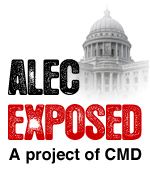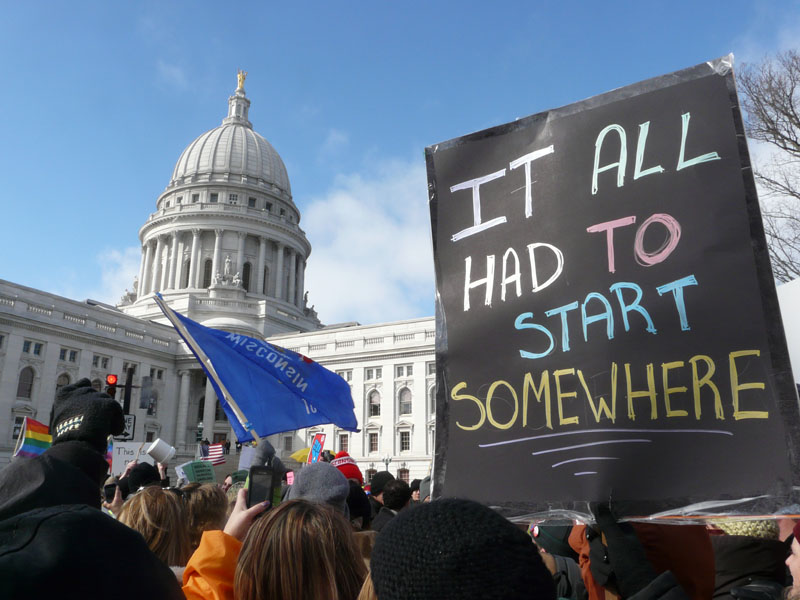To Save Billions, the Government Should Pay Doctors to Make House Calls
Dr. Bruce Kinosian still makes house calls, and he's proud of it. In fact, he introduces himself as a physician who goes to see his patients in their homes rather than insisting that they come to see him at his office.
 He's convinced that if more doctors did what he does, we could eliminate billions of dollars we currently spend in this country in an often-futile -- and almost always incredibly expensive -- effort to get people well.
He's convinced that if more doctors did what he does, we could eliminate billions of dollars we currently spend in this country in an often-futile -- and almost always incredibly expensive -- effort to get people well.
Much of that savings, he says, would accrue to the Medicare program, making it unnecessary for Congress to even consider eliminating benefits or raising the eligibility age.
Kinosian, associate professor of medicine at the Hospital of the University of Pennsylvania in Philadelphia, is a leading advocate of the Independence at Home (IAH) program, which quietly has been saving the Department of Veteran's Affairs (and taxpayers) lots of money -- and improving the quality of life for thousands of veterans -- for nearly three decades.

 On August 3, the
On August 3, the  The
The  Although he passed away in 2006, states are now grappling with many of the toxic notions left behind by University of Chicago economist,
Although he passed away in 2006, states are now grappling with many of the toxic notions left behind by University of Chicago economist,  Crowds of protesters who flocked to the Wisconsin state Capitol June 14 anticipating Assembly action on the divisive collective bargaining bill, which essentially eliminates collective bargaining for public workers, were shocked to learn the Supreme Court had reinstated the law in a hotly contested 4-3 decision.
Crowds of protesters who flocked to the Wisconsin state Capitol June 14 anticipating Assembly action on the divisive collective bargaining bill, which essentially eliminates collective bargaining for public workers, were shocked to learn the Supreme Court had reinstated the law in a hotly contested 4-3 decision. Since Monday, February 14, CMD reporters have been on the streets providing live coverage of the historic protests in Madison, Wisconsin and related legal and political battles. We focus on the corporations and spinmeisters pulling the strings. CMD is supported by small contributions from people like you.
Since Monday, February 14, CMD reporters have been on the streets providing live coverage of the historic protests in Madison, Wisconsin and related legal and political battles. We focus on the corporations and spinmeisters pulling the strings. CMD is supported by small contributions from people like you.